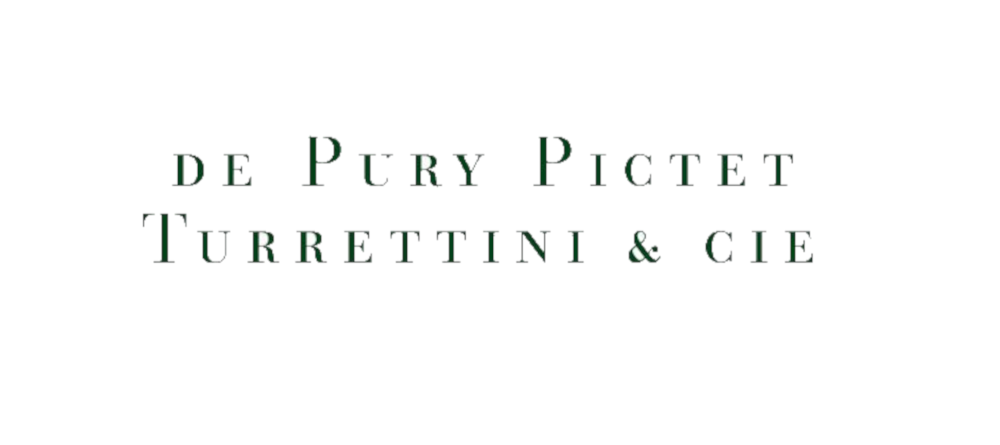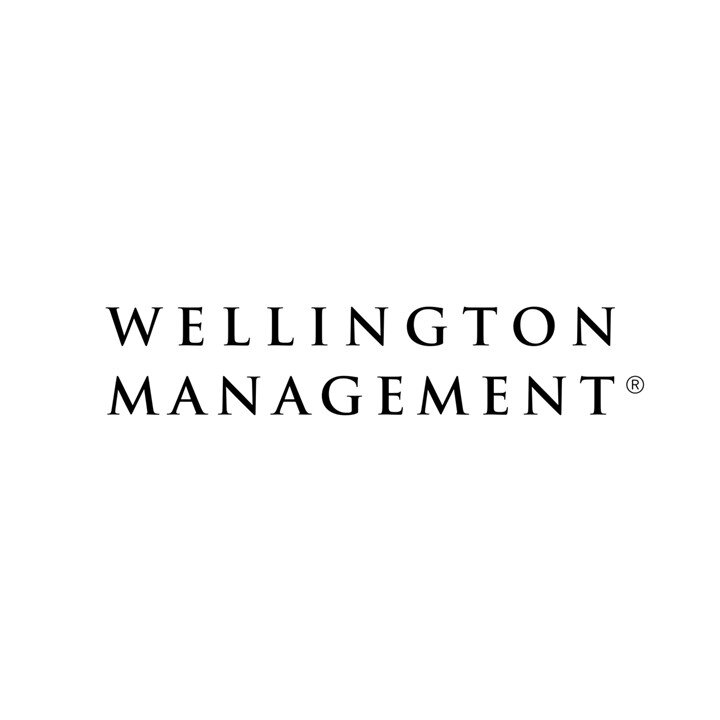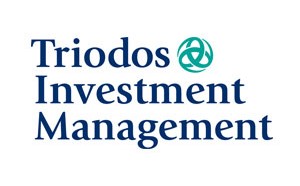CASE STUDY: Wellington Management - Case Study - Fund Assessment
After having both the Global Impact Fund and Global Impact Bond Fund assessed, Louise Kooy-Henckel, Investment Director at Wellington Management,...
3 min read
Phenix Capital Jul 23, 2020 3:36:10 PM

As one of the first organisations having gone through the full Phenix Impact Fund Assessment process, Melchior de Muralt and Dominique Habegger from de Pury Pictet Turrettini & Co Ltd share insights about their experience.
Melchior de Muralt: Phenix Impact Fund Assessment is the first impact fund assessment tool that gives a perspective of how the fund achieves impact by analysing the asset management process, the asset management team and the expected impact resulting from the fund`s engagement with the portfolio companies. Contrary to existing solutions, it is based on a real in-depth analysis of the fund`s investment strategy and not merely on a simplistic aggregation of ESG ratings of the underlying constituents. Phenix Impact Fund Assessment is not just needed but wanted in the impact investing industry.
Dominique Habegger: Several studies have shown the limits and inconsistencies of existing ESG ratings in particular for innovative investment strategies. ESG ratings, which despite of all their flaws can be useful, look at the impact the portfolio companies have on people and planet — for example, does an investor enable a company to sell more products that reduce global greenhouse gas emissions. But the investor`s impact is the change in a company`s impact that is caused by an investor. This is particularly true when investing in listed equities. Phenix Impact Fund Assessment understands that for impact investing to make a key contribution to solving the world’s problems, the focus needs to shift towards investing strategies and mechanisms that have a significant impact potential.
Dominique Habegger: The Phenix Impact Fund Assessment allows us to have more nuanced and in-depth discussions with our clients, especially because it is able to capture dynamics of a company and its sincere ambitions to improve. We can explain to our clients that we invested in an energy utility which is still operating with legacy assets but which has set the objective to become a leader in renewable energy in a reasonable time-frame. We can explain that the strategy is trustworthy because the company has a strong balance sheet and an experienced management team. We can explain that the company has a bad ESG rating because the rating agencies often only measure the turnover of certain legacy assets but fail to capture the capital expenditures in the renewable energies, the latter being our KPI for an investment decision. We can explain that we engage with this company to accelerate the transition and to support the company in the transition phase to better communicate on how it will dispose its legacy assets. Our clients do understand that impact investing is essentially about investing in the future. What a company has done in the past is much lesser relevant.
Dominique Habegger: As a third party assessment, the Phenix Impact Fund Assessment adds to the credibility of what we are doing – we can show it is not only our team that believes we have an effective impact strategy, but there is external recognition of this. For a new fund this kind of assessment could really provide guidance on what steps need to be taken to ensure an effective and transparent impact strategy is in place.
Melchior de Muralt: Asset owners do use standard due diligence questionnaires to assess if an asset manager can deliver the expected performance to a specific budgeted risk by looking at the processes, the teams, the past performances and so on. The Phenix Impact Fund Assessment scorecard and report provide a great due diligence tool for the “Impact” dimension. As the maturity on ESG and impact investments grows, asset owners will stop relying on the simplistic ESG and impact assessments currently in the market. Doing this is as useless as assessing the financial quality of a fund by aggregating the underlying Moody’s or S&P ratings of the underlying companies.
Dominique Habegger: A key part of the assessment process is the Due Diligence Call, in which we went through all 33 assessment dimensions with the Phenix team to understand how we have been rated and learn what Phenix Capital sees as best practice in the market. We spent a significant amount of time discussing how to improve the communication around our peacebuilding engagement strategy, which is something we had discussed internally before, but always have been a bit careful about due to peace being such a sensitive political topic. The discussions with the Phenix team helped us to clarify the business case for peace and what peacebuilding activities are for each of our investees. We also integrated the idea to monitor the average Peacebuilding Business Index score of the portfolio over time to measure the success of our strategy in improving SDG 16 communication within the portfolio companies.
Melchior de Muralt: It was interesting for us to be on the other side of the engagement for once. We usually ask our portfolio companies to progress based on our gap analysis and weren’t necessarily used to being told what our gaps were. The Phenix Impact Fund Assessment was very effective in pointing out specific gaps and improvement potential. We acted immediately on the issues which were the most effective and the easiest to implement, in fact first changes were made the following day. Of course we still have margins of improvements in other areas which we take up progressively.
 Melchior de Muralt, Managing Partner
Melchior de Muralt, Managing Partner Dominique Habegger, Senior Vice President
Dominique Habegger, Senior Vice President

After having both the Global Impact Fund and Global Impact Bond Fund assessed, Louise Kooy-Henckel, Investment Director at Wellington Management,...

Hadewych Kuiper,Commercial DirectoratTriodos Investment Management highlights the different benefits of the Phenix Impact Fund Assessment...
Phenix Capital Group Supports Mekong Capital in Launching Impact Fund